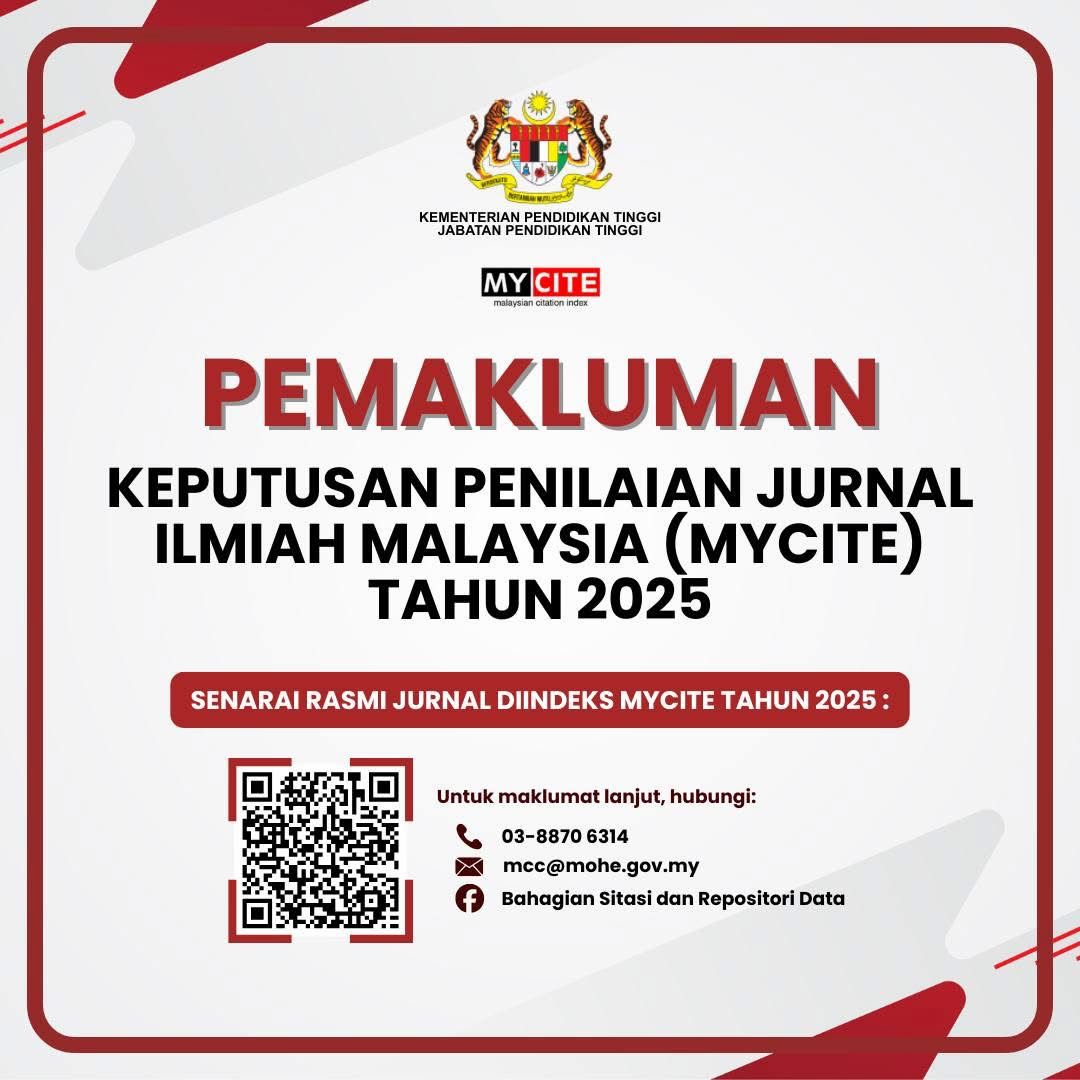Increasing Entertainment Among Customer in A Restaurant Through Board Game Design
DOI:
https://doi.org/10.24191/idealogy.v10i2.855Abstract
This study aims to explore the effectiveness of integrating board games as a form of entertainment to enhance customer experience in restaurant settings. The research is grounded in evolving consumer behavior, which increasingly values social and interactive dining experiences. Employing a mixed methods approach, quantitative data were collected through customer surveys, while qualitative insights were gathered via semi-structured interviews with restaurant owners and selected patrons. The findings indicate that the use of board games can positively influence customer satisfaction, extend the duration of their stay, and increase the likelihood of repeat visits. The study recommends that restaurant owners consider incorporating interactive entertainment elements as part of their marketing and customer engagement strategies. The implications of this research contribute to the development of more engaging dining experiences and inclusive spatial design within the food and beverage industry.
Keyword: Customer Entertainment, Board Games, Dining Experience, Interactive Design, Restaurant Industry
References
Anderson, R., & Kim, E. (2017). The cognitive benefits of playing board games: A meta- analysis. Journal of Leisure Studies, 36(4), 421–435. https://doi.org/10.1080/02614367.2016.1182200
Andersson, T. D., & Mossberg, L. (2004). Dining experience: Do restaurants satisfy customer needs? Food Service Technology, 4(4), 171–177. https://doi.org/10.1111/j.1471-5740.2004.00105.x
Azudin, A., & Karaim, A. (1988). Consumer satisfaction in Malaysian foodservice establishments. Kuala Lumpur: Dewan Bahasa dan Pustaka.
Bennett, R., & Rundle-Thiele, S. (2004). Customer satisfaction should not be the only goal.
Journal of Services Marketing, 18(7), 514–523. https://doi.org/10.1108/08876040410561848
Bougoure, U. S., & Neu, M. K. (2010). Service quality in the Malaysian fast food industry.
International Journal of Marketing Studies, 2(2), 221–234. https://doi.org/10.5539/ijms.v2n2p221
Brown, L. (2022). Designing for space: Board games in compact environments. Hospitality & Design Review, 27(2), 34–46.
Bucks County Free Library. (2019). Board games boost brains: Benefits for all ages.
Retrieved from https://buckslib.org/board-games-boost-brains
Creswell, J. W., & Plano Clark, V. L. (2018). Designing and conducting mixed methods research (3rd ed.). SAGE Publications.
Gilbert, G. R., Veloutsou, C., Goode, M. M. H., & Moutinho, L. (2004). Measuring customer satisfaction in the fast food industry: A cross-national approach. Journal of Services Marketing, 18(5), 371–383. https://doi.org/10.1108/08876040410548294
Glaw, X., Inder, K., Kable, A., & Hazelton, M. (2017). Visual methodology in qualitative research: Autophotography and photo elicitation applied to mental health research.
International Journal of Qualitative Methods, 16(1), 1–8. https://doi.org/10.1177/1609406917748215
Johns, N., & Howard, A. (1998). Customer expectations versus perceptions of service performance in the foodservice industry. International Journal of Service Industry Management, 9(3), 248–265. https://doi.org/10.1108/09564239810223525
Kim, H., Lee, H., & Hwang, J. (2020). Enhancing customer engagement through thematic entertainment in restaurants: The role of board games. Journal of Foodservice Business Research, 23(2), 105–122.
https://doi.org/10.1080/15378020.2020.1711012
Mao, Y., & Dai, S. (2018). The application of board games in the service industry to enhance customer experience. International Journal of Contemporary Hospitality
Management.
Puspita, R. (2015). Cultural game integration in themed restaurant environments. Asian Hospitality & Design Studies, 6(2), 77–85.
Qin, H., & Prybutok, V. R. (2009). Service quality, customer satisfaction, and behavioral intentions in fast-food restaurants. International Journal of Quality and Service Sciences, 1(1), 78–95. https://doi.org/10.1108/17566690910945886
Sekaran, U., & Bougie, R. (2016). Research methods for business: A skill-building approach
(7th ed.). Wiley.
Downloads
Published
Issue
Section
License
Copyright (c) 2025 UiTM Press

This work is licensed under a Creative Commons Attribution-NonCommercial-NoDerivatives 4.0 International License.
UiTM Press (the Publisher) has agreed to publish the undersigned author’s paper in Idealogy Journal. The agreement is contingent upon the fulfilment of a number of requirements listed below.
1. The undersigned author warrants that the paper entitled below is original, that it is not in any way libellous or unlawful in Malaysia, that it does not infringe any copyright or other proprietary right. The undersigned hereby represents and warrants that he/she is the author of the paper, except for material that is clearly identified as to its original source, with permission notices from the copyright owners where required. The undersigned represents that he/she has the power and authority to sign and execute this agreement.
2. The undersigned author warrants that the paper entitled below has not been published elsewhere, and also it will not be submitted anywhere else for publication prior to acceptance/rejection by this Journal.
3. By submitting the paper entitled below, the undersigned author agrees to transfer the rights to publish and distribute the paper in an international e-journal (entitled above) to Publisher.
4. The undersigned author agrees to make a reasonable effort to conform to Publisher's submission guidelines and to liaise with the editor to ensure that the requirements of these guidelines are met to a reasonable degree.
5. The corresponding author signs for and accepts responsibility for releasing this material on behalf of any and all coauthors. This agreement is to be signed by at least one of the authors who has obtained the assent of the co-author(s) where applicable. After submission of this agreement signed by the corresponding author, changes of authorship or in the order of the authors listed will not be accepted.




